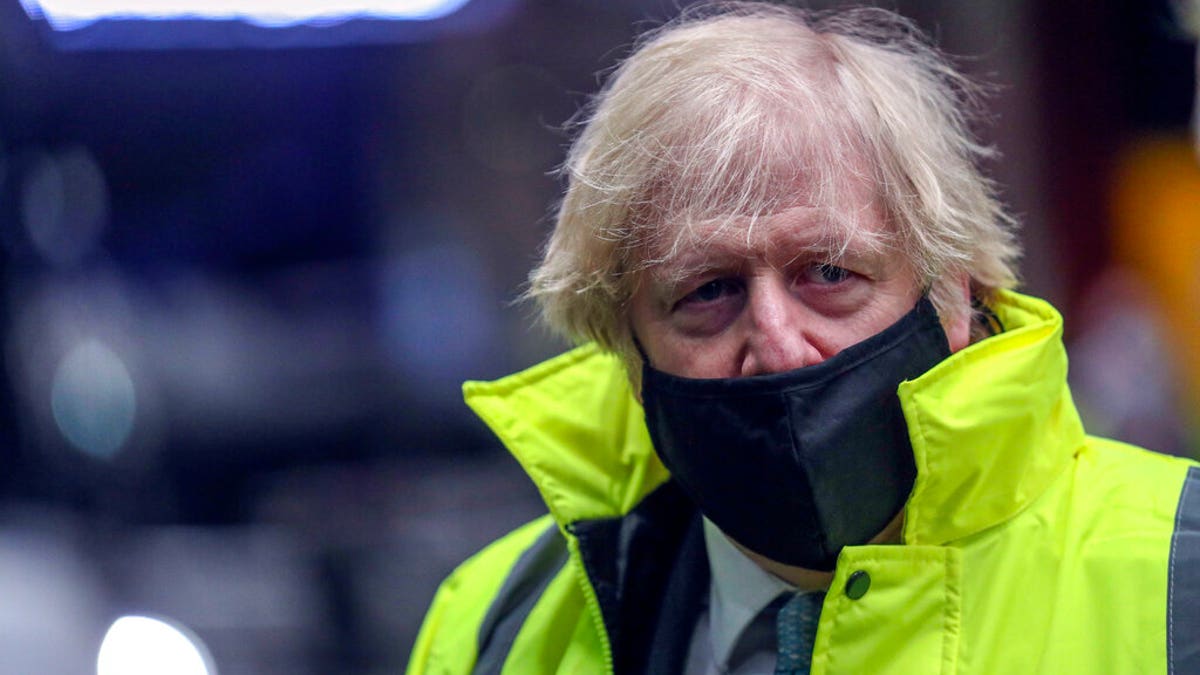Fox News Flash top headlines for March 16
Fox News Flash top headlines are here. Check out what's clicking on Foxnews.com.
LONDON – Britain will grow its nuclear warhead stockpile by more than 40% to ensure its security in a more risky global environment and as it faces new technological threats, Prime Minister Boris Johnson said on Tuesday.
The country had previously been reducing its nuclear weapons stockpile, and in 2010, the government set a cap of 180 warheads for the mid-2020 period. Johnson scrapped the earlier limit and said the number would now rise to a maximum of 260.

Britain's Prime Minister Boris Johnson visits the National Express depot in Coventry, central England, Monday March 15, 2021. (Steve Parsons/Pool via AP)
In its security and defense review, Britain said it faced risks from nuclear-armed states, emerging nuclear states and state-sponsored nuclear terrorism, and its nuclear deterrent was needed to guarantee its security and that of its allies.
"Some states are now significantly increasing and diversifying their nuclear arsenals," the government said. "The increase in global competition, challenges to the international order, and proliferation of potentially disruptive technologies all pose a threat to strategic stability."
The move was criticized by The Elders, a group of former global policymakers who campaign for peace.
LONDON PROTESTERS ARRESTED AT DEMONSTRATION OVER POLICING POWERS AND VIGIL OF SARAH EVERARD
"While the UK cites increased security threats as justification for this move, the appropriate response to these challenges should be to work multilaterally to strengthen international arms control agreements and to reduce - not increase - the number of nuclear weapons in existence," said Mary Robinson, chair of the group.
Questioned over the policy in parliament Johnson said Britain was still committed to global nuclear arms reduction.
Britain also said it planned to replace its current nuclear warhead with a new one that would be able to operate throughout the lifespan of four new submarines being built and due to enter service in the early 2030s.
It will work with the United States to ensure the new warhead remains Trident-compatible.
CLICK HERE TO GET THE FOX NEWS APP
With its current submarines, Britain said it would stick to its existing policy of always having one submarine of its four nuclear deterrent submarines on continuous patrol.
